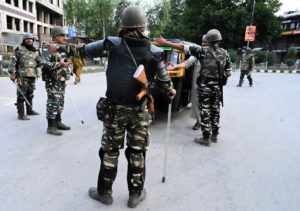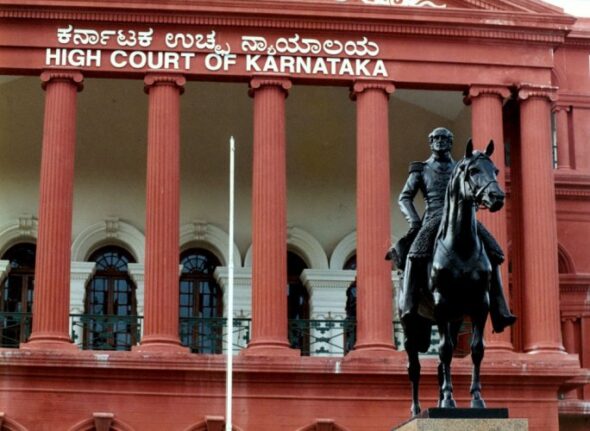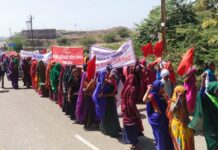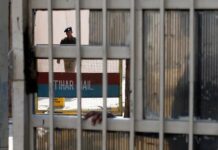It has more than a month since the Central Government imposed a complete communication shutdown in Kashmir. While restrictions have been eased in the Jammu region, the Kashmir valley continues to remain under clamp down with internet and cellular network services suspended.
On 19 August 2019, a young Kashmiri student based in Bangalore moved to the Karnataka High Court to challenge the complete communication blockade as violative of fundamental rights of residents of Kashmir and their loved ones living outside the State.

The Petitioner was forced to approach the High Court because he had been unable to establish contact with his family members in Kashmir. He was especially worried because many of his family members suffer from various health problems and due to the communication shutdown and strict curfews, it has become difficult to call for help or reach hospitals in time.
The Petition argues that the complete communication blockade violates Articles 14, 19(1)(a) and 21 of the Constitution of India and it is incompatible with India’s obligations under international human rights law. Most importantly, the Petition highlights that the communication shutdown seems to lack any legal basis because there is no order authorizing the suspension of telecom and internet services which is available in the public domain.
The plea prays for by way of interim relief directions to authorities to produce all relevant orders, notices, or circulars issued by authorities under which suspension or shut down of communication in Kashmir was ordered.
As a constitutional democracy, what sets India apart is our stated commitment to the rule of law. While imposing such severe and indiscriminate restrictions on an entire community, the Government must at the very least act in a transparent manner. Without access to the legal orders, it is impossible to know under which law the shutdown has been ordered, on what grounds, by which government authority, for what period of time, and whether it has been subjected to any kind of review.
The Karnataka High Court on September 9, granted time till September 13, to the Union Government to give details of petitions pending for hearing before the Supreme Court in regards to the alleged communication blackout in Jammu and Kashmir, post the abrogation of Article 370.
Assistant Solicitor General argued that 12 petitions are pending before the Supreme Court and therefore since the petitions are subjudice before the Supreme Court, this court cannot entertain this petition.
Advocate Vishwajit Sadananda appearing for the petitioner argued that no other petition except the one filed by Anuradha Bhasin on the issue of communication blackout is pending before the Supreme Court. Bhasin’s petition is on journalist and media freedom and so one could argue that the scope of the petition is different. The crux of these hearings has been the maintainability of the Petition in light of a similar petition filed by Mr. Tehseen Poonawalla being pending before the Supreme Court. During the hearings, the counsel for the Petitioner has clarified that this case is different because the Petitioner is personally affected by the communication shutdown. Further, High Courts in India have independent and concurrent powers to protect the fundamental rights of individuals within their territorial jurisdiction.
Courtesy: https://internetfreedom.in




























